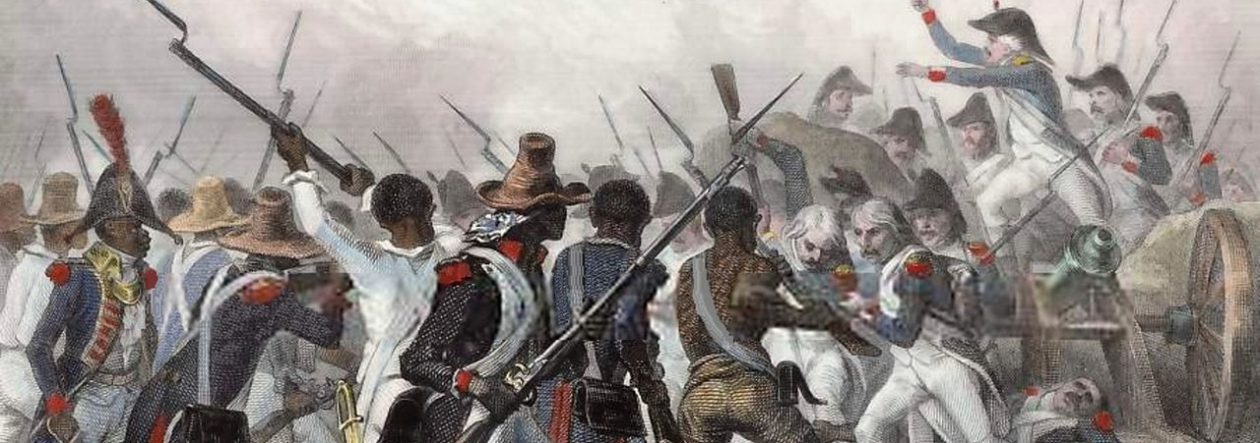Interviewed by Megan King
Why is it important that Phillis Wheatley was identified as a negro servant and actually graphically depicted as a pensive position?
Why was it possible for Wheatley to breakthrough and become a household name, while others in her position didn’t?
Should we think of Wheatley as a revolutionary figure or actually as a rather conservative?
In what ways was Wheatley poetry self-revolutionary, whether in its from or in its message?
